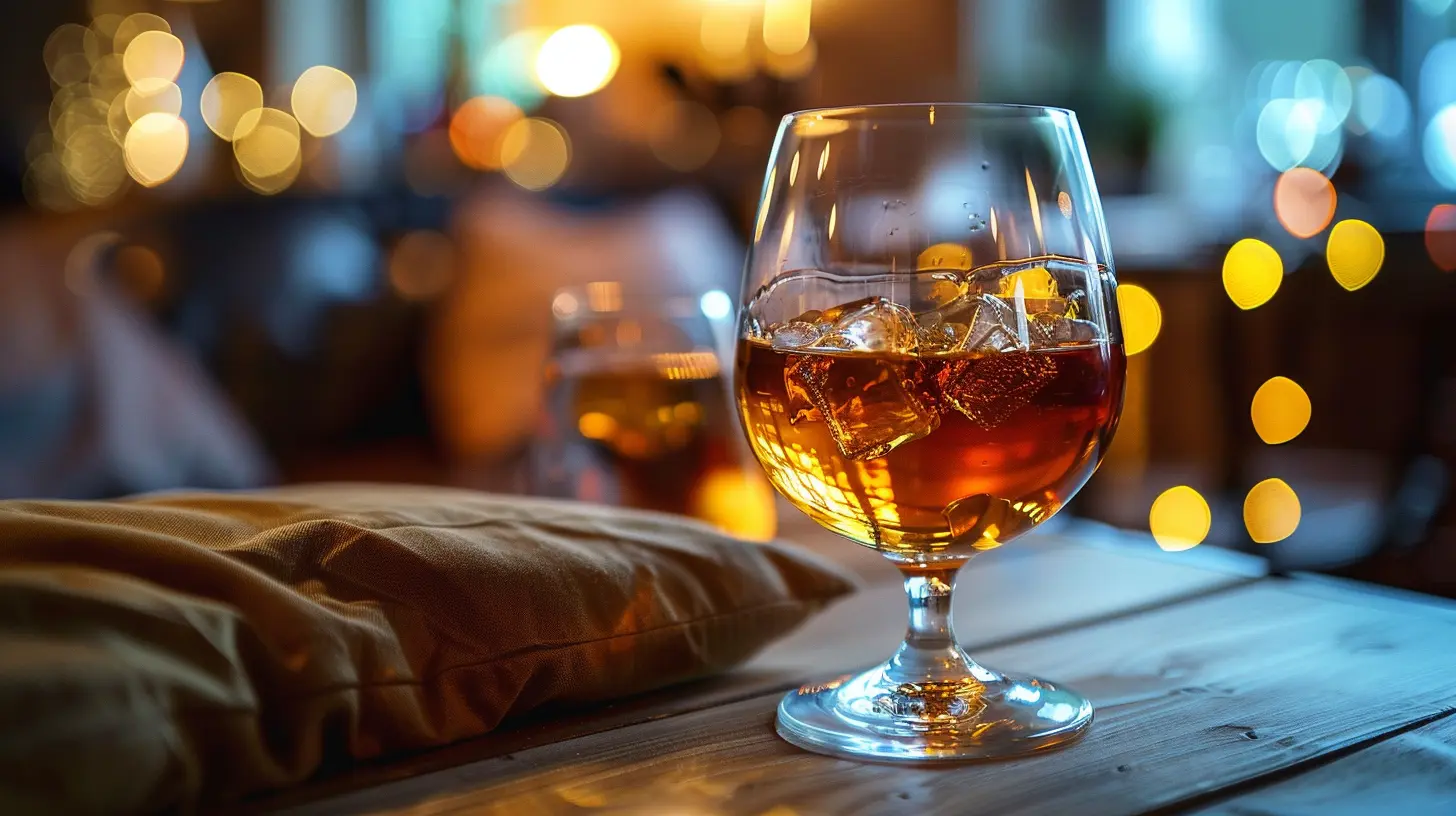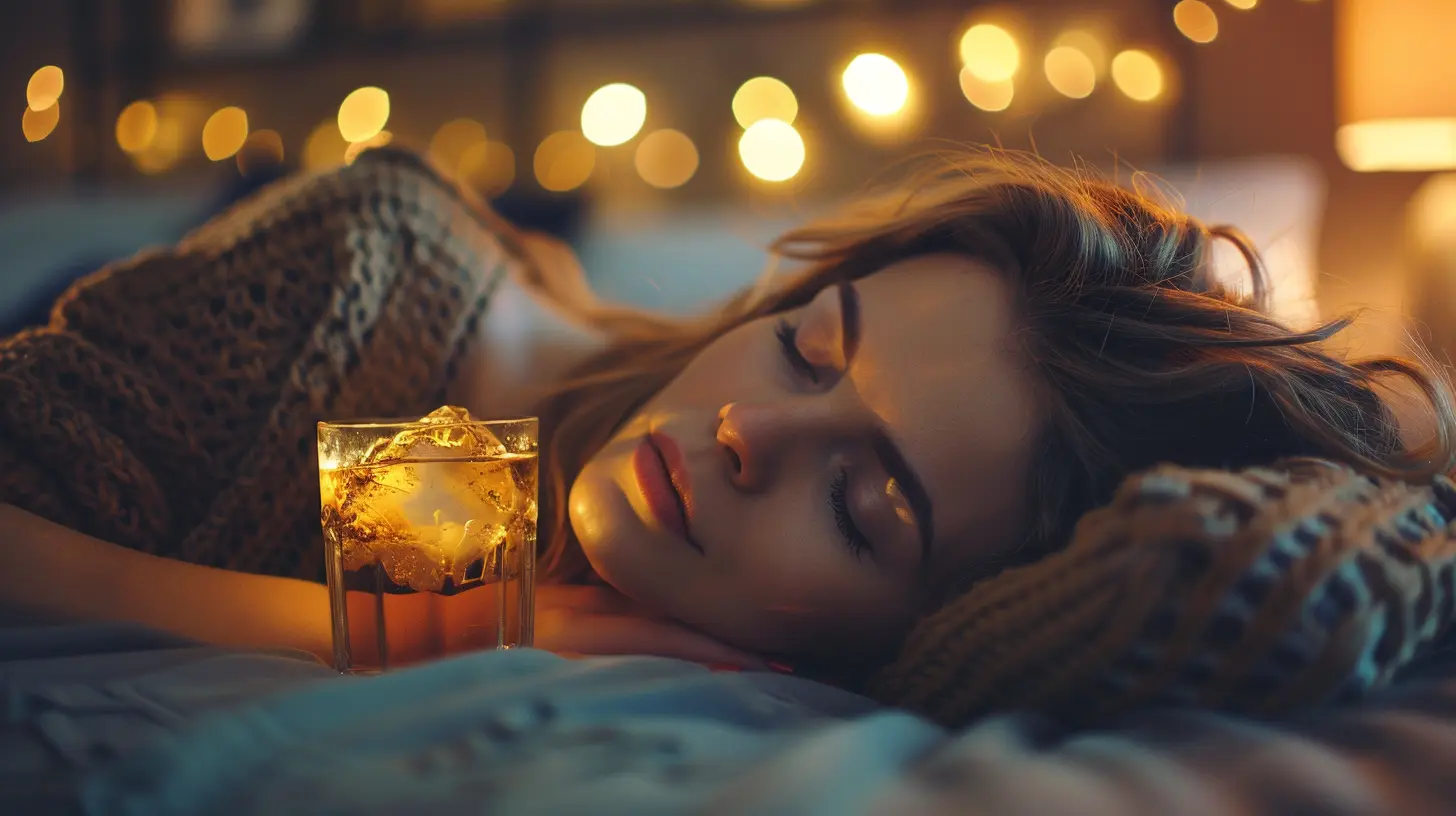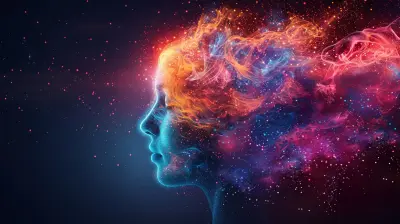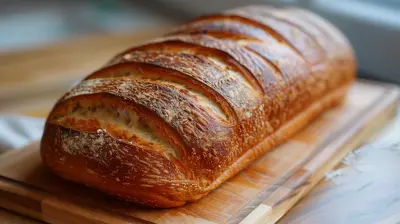4 March 2025
Have you ever found yourself reaching for a glass of wine or a cold beer at the end of a long day under the impression that it’ll help you unwind and drift off to sleep faster? Sure, alcohol might seem like the perfect solution for relaxation, but did you know it actually wreaks havoc on your sleep? Yup, that innocent nightcap could be the very reason you’re tossing and turning at 3 a.m.
In this article, we’re going to break down how alcohol impacts your sleep quality and, most importantly, what you can do to get your sleep back on track without giving up your social life. Let’s dive in! 
The Connection Between Alcohol and Sleep
Before we get into the nitty-gritty, let’s address the elephant in the room: how does alcohol actually affect your ability to sleep? At first glance, alcohol seems like a sleep aid. You drink a little, your muscles relax, your mind slows down, and suddenly, you're dozing off much faster than usual. Sounds great, right? Not so fast!While alcohol might help you fall asleep quicker, it has a sneaky way of messing with the quality of your sleep. It disrupts your natural sleep cycle and can leave you feeling groggy, sluggish, and anything but refreshed the next morning. 
Breaking Down the Science
Here’s the deal: your sleep has different stages, each one playing a vital role in how well-rested and energized you feel come morning. These stages include:1. Light Sleep (Stages 1 and 2) – This is when your body starts to relax, and your brain activity slows down.
2. Deep Sleep (Stages 3 and 4) – This is when your body repairs itself. Think muscle recovery, immune system boosts, and even tissue repair.
3. REM Sleep (Rapid Eye Movement) – This is the golden hour of sleep where dreams happen, and your brain processes emotions and memories from the day.
Alcohol steps in like an uninvited guest at your sleep party and throws everything out of whack. Specifically, it:
- Reduces the amount of time you spend in REM sleep. Less REM = Waking up feeling like a zombie.
- Interrupts deep sleep, which is crucial for physical recovery.
- Keeps you in the lighter stages of sleep, making you more likely to wake up multiple times throughout the night.
Think of alcohol as that one friend who promises to help with the cooking but ends up spilling the milk and burning the toast. It’s not helping; it’s causing chaos. 
How Alcohol Affects Your Body During Sleep
1. Frequent Wake-Ups
Ever noticed how after a night of drinking, you keep waking up at odd hours? That’s alcohol leaving your system. As your body metabolizes alcohol, it triggers a rebound effect, causing your nervous system to get overly active again. Translation? Restless nights and fragmented sleep.2. Snoring and Sleep Apnea
Here’s something to think about: Alcohol relaxes the muscles in your throat, which might sound good in theory but can actually lead to snoring (or even exacerbate sleep apnea if you have it). This creates blockages in your airways, making it even harder to get a restful night. No wonder you wake up feeling like you’ve been hit by a truck!3. Dehydration
Alcohol is a diuretic, which is just a fancy way of saying it makes you pee... a lot. Dehydration leads to dry mouth, headaches, and—yep—sleep troubles. Not exactly the recipe for a good night’s rest, huh?4. Messed-Up Circadian Rhythm
Your body’s natural internal clock, aka your circadian rhythm, is what tells you when to sleep and wake up. Alcohol disrupts this rhythm, leaving you feeling off-balance and groggy even if you stayed in bed for a full eight hours.
Why Some People Sleep Worse After Drinking
You might be wondering, “Why do some people get hit harder in the sleep department after drinking than others?” The answer lies in your body’s ability to metabolize alcohol. Factors like your age, weight, gender, and how much you drink all play a role.Typically, your body can metabolize one standard drink per hour. But here’s the kicker: Even after the alcohol is out of your bloodstream, its impact on your sleep can linger for hours. So, if you’re slamming shots or sipping cocktails late into the night, don’t expect high-quality shut-eye anytime soon.
So, How Can You Improve Your Sleep if You Drink Alcohol?
The good news? You don’t have to swear off alcohol for good to protect your sleep. It’s all about balance, timing, and understanding how to make smarter choices. Here’s what you can do:1. Cut Back on Drinking Before Bed
This one’s a no-brainer: The closer you drink to bedtime, the more it’s going to interfere with your sleep. Experts recommend having your last drink at least 3-4 hours before hitting the hay to give your body enough time to process the alcohol.2. Pace Yourself
Instead of downing drinks all at once, pace yourself. Alternate between alcoholic beverages and water to stay hydrated and slow down your alcohol intake. Plus, water helps combat dehydration—a major sleep disruptor.3. Stick to Low-Alcohol Options
If you’re really serious about preserving your sleep, opt for drinks with lower alcohol content like light beers or wine spritzers. They’re less likely to pack the same punch as stronger cocktails or hard liquor.4. Eat Before You Drink
Drinking on an empty stomach is like adding fuel to a fire. Eating a meal before you drink slows alcohol absorption, making it less likely to mess with your sleep later on.5. Create a Relaxing Bedtime Routine
If your sleep is already shaky, double down on bedtime habits that support relaxation. Think dim lighting, calming music, or even some light stretching before bed. A little effort here can work wonders for counteracting alcohol’s impact.6. Track Your Sleep
Want to see how alcohol really affects you? Try using a sleep tracker. It’s a great way to measure how well (or poorly) you sleep after drinking and can help you figure out what works best for you.Should You Quit Alcohol Altogether?
This is a deeply personal choice. If you find that even a small amount of alcohol significantly disrupts your sleep or overall well-being, it might be worth rethinking your relationship with drinking. On the other hand, if you’re drinking occasionally and don’t notice major issues, some of these tips can help you find a balance that works for you.Remember, moderation is key. You don’t have to go cold turkey unless it’s something you feel will genuinely improve your quality of life.
Final Thoughts
Your sleep is precious—it’s literally the foundation for your mental and physical health. And while alcohol might feel like the ultimate nightcap, the truth is it often does more harm than good when it comes to sleep quality. By understanding how alcohol affects your sleep and taking simple steps to minimize its impact, you can wake up feeling refreshed, energized, and ready to take on the day (without swearing off your favorite drinks entirely).So, the next time you’re tempted to pour yourself that extra glass before bed, think twice. Your future well-rested self will thank you!









Nyx Kline
This article is a crucial reminder of the impact alcohol can have on our sleep. Thank you for highlighting practical ways to prioritize our well-being and improve our rest!
April 2, 2025 at 3:46 PM